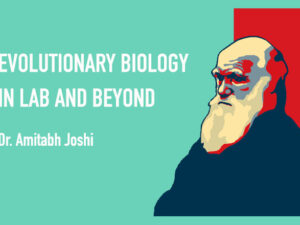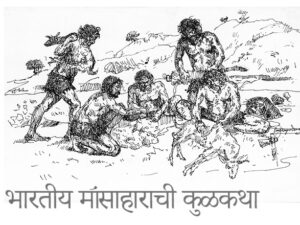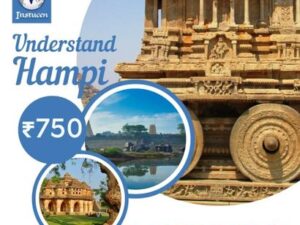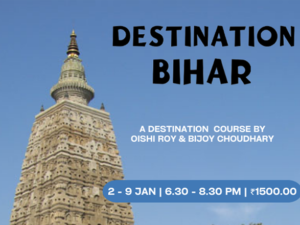A Walk Down Memory Lane - A Basic Course in the Study and Appreciation of English Literature
This course will also appeal to students of English Literature and Literatures Written in English, who want to walk down ...
Show more
- Description
- Curriculum
- FAQ
- Notice
- Reviews
Section I
-
1Literature as Art-I: General Introduction to the concept (Coming Soon)
-
2Literature as Art-I: General Introduction to the concept (Coming Soon)
-
3Literature as Art – II: Advanced concepts
-
4Literature as Art – II: Advanced concepts
-
5Civilization, Culture and Literature
-
6Civilization, Culture and Literature
-
7Grounding Literature in History
-
8Grounding Literature in History
Section II
-
95. The concept of Genres in Literature: An Introduction
-
105. The concept of Genres in Literature: An Introduction
-
116. Poetry as a Literary Genre: Different kinds of poetic forms, such as the lyric, sonnet etc.
-
126. Poetry as a Literary Genre: Different kinds of poetic forms, such as the lyric, sonnet etc.
-
137. Fiction as a Literary Genre: Different kinds of novels, picaresque, narrative, gothic, etc.
-
147. Fiction as a Literary Genre: Different kinds of novels, picaresque, narrative, gothic, etc.
-
158. Short Fiction: Different kinds of short fiction
-
168. Short Fiction: Different kinds of short fiction
-
179. Drama as a Literary Genre: Different kinds of plays, realistic, epic, etc.
-
189. Drama as a Literary Genre: Different kinds of plays, realistic, epic, etc.
-
1910. Alternative concepts of Drama/Performing Arts
-
2010. Alternative concepts of Drama/Performing Arts
-
2111. An Introduction to Literary Criticism and Analysis
-
2212. Representative trends and movements in Poetry from the 14th century to the Modernist Period
-
2313. Certain representative trends and movements in Fiction
-
2414. Representative trends and movements in Drama from the 14th century to the Modernist Period
Section III
-
2515. Introducing the Post-modern and Postcolonial World
-
2615. Introducing the Post-modern and Postcolonial World
-
2716. Literatures in English in the Post-modern/Postcolonial World – an overview
-
2816. Literatures in English in the Post-modern/Postcolonial World – an overview
-
2917. An Introduction to Contemporary Literary Theories
-
3017. An Introduction to Contemporary Literary Theories
-
3118. The Relevance of Postcolonial/Post-modern Theories to Literary Texts
-
3219. Representative trends in Post-modern Literatures in English
-
3319. Representative trends in Post-modern Literatures in English
-
3420. Representative trends in Postcolonial Literatures in English
-
3520. Representative trends in Postcolonial Literatures in English
-
3621. Concluding Session: Tying Beginnings to Endings
-
3721. Concluding Session: Tying Beginnings to Endings
FAQ 1
Faq Content 1
FAQ 2
Faq Content 2
Productivity Hacks to Get More Done in 2018
— 28 February 2017
- Facebook News Feed Eradicator (free chrome extension) Stay focused by removing your Facebook newsfeed and replacing it with an inspirational quote. Disable the tool anytime you want to see what friends are up to!
- Hide My Inbox (free chrome extension for Gmail) Stay focused by hiding your inbox. Click "show your inbox" at a scheduled time and batch processs everything one go.
- Habitica (free mobile + web app) Gamify your to do list. Treat your life like a game and earn gold goins for getting stuff done!
Stars 5
3
Stars 4
0
Stars 3
3
Stars 2
0
Stars 1
0





